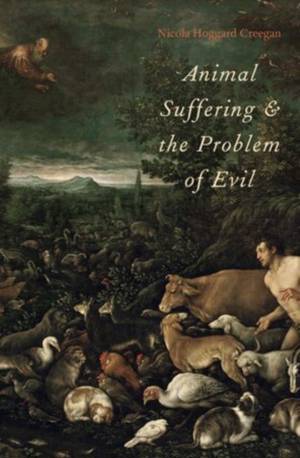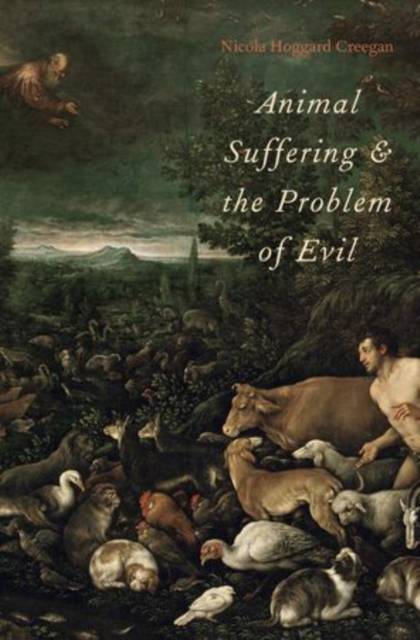
- Retrait gratuit dans votre magasin Club
- 7.000.000 titres dans notre catalogue
- Payer en toute sécurité
- Toujours un magasin près de chez vous
- Retrait gratuit dans votre magasin Club
- 7.000.0000 titres dans notre catalogue
- Payer en toute sécurité
- Toujours un magasin près de chez vous
119,45 €
+ 238 points
Description
Nicola Hoggard Creegan offers a compelling examination of the problem of evil in the context of animal suffering, disease, and extinction and the violence of the evolutionary process. Using the parable of the wheat and the tares as a hermeneutical lens for understanding the tragedy and beauty of evolutionary history, she shows how evolutionary theory has deconstructed the primary theodicy of historic Christianity-the Adamic fall-while scientific research on animals has increased appreciation of animal sentience and capacity for suffering. Animal Suffering and the Problem of Evil responds to this new theodic challenge. Hoggard Creegan argues that nature can be understood as an interrelated mix of the perfect and the corrupted: the wheat and the tares. At times the good is glimpsed, but never easily or unequivocally. She then argues that humans are not to blame for all evil because so much evil preceded human becoming. Finally, she demonstrates that faith requires a confidence in the visibility of the work of God in nature, regardless of how infinitely subtle and almost hidden it is, affirming that there are ways of perceiving the evolutionary process beyond that "nature is red in tooth and claw."
Spécifications
Parties prenantes
- Auteur(s) :
- Editeur:
Contenu
- Nombre de pages :
- 224
- Langue:
- Anglais
Caractéristiques
- EAN:
- 9780199931842
- Date de parution :
- 09-05-13
- Format:
- Livre relié
- Format numérique:
- Genaaid
- Dimensions :
- 236 mm x 163 mm
- Poids :
- 433 g

Les avis
Nous publions uniquement les avis qui respectent les conditions requises. Consultez nos conditions pour les avis.






